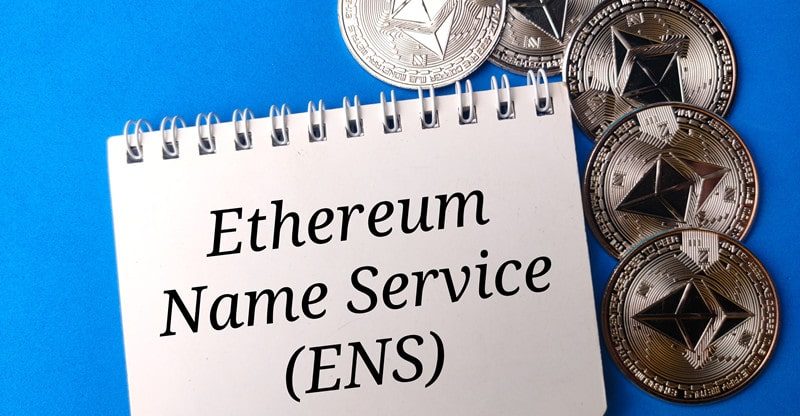Exploring the Potential of Ethereum Name Service (ENS) for Web3.0
One of the most promising decentralized domain name systems in the blockchain realm is Ethereum Name Service. By providing a decentralized and trustless mechanism to register and utilize domain names, ENS, which is built on the Ethereum blockchain, makes access to decentralized applications and services easier. ENS has the potential to be an essential component of Web3.0, the next stage of the internet where decentralized protocols and blockchain technology will be pivotal.
Benefits of Ethereum Name Service
ENS offers several benefits over traditional domain name systems, which are controlled by centralized authorities like ICANN. Here are a few of them: So, if you are a newbie in Bitcoin investment, you may want to know about Bitcoin Units.
Increased Accessibility: Easier to Remember and Type Domain Names
One of the primary benefits of ENS is its user-friendly domain name system. Unlike traditional domain names, ENS domain names can be in the form of human-readable names, such as “johndoe.eth,” instead of complicated alphanumeric addresses. This human-readable format makes it easier for users to remember and type the domain names, making it more accessible for mainstream adoption.
Decentralization: Reduces Reliance on Centralized Entities
ENS is a decentralized domain name system that operates on the Ethereum blockchain, making it less reliant on centralized entities. In the traditional domain name system, domain names are controlled by centralized authorities, which can lead to censorship and control over content. With ENS, no single entity has control over domain names, making it censorship-resistant and more resilient.
Security: Eliminates the Need for Trusting Third-Party Domain Name Registrars
ENS removes the need for trusting third-party domain name registrars, which can be vulnerable to attacks and security breaches. With ENS, users have full control over their domain names and are not required to trust any intermediaries, making it more secure and trustworthy.
Use Cases for Ethereum Name Service (ENS)
ENS can be used in various applications that require decentralized and secure domain name systems. Here are some use cases of ENS:
Decentralized Finance (DeFi)
DeFi is a rapidly growing industry that offers various financial services, such as lending, borrowing, and trading, using blockchain technology. ENS can be used in DeFi applications to simplify the process of sending and receiving cryptocurrencies. Instead of sending cryptocurrencies to complex addresses, users can send them to ENS domain names, which are easier to remember and type.
Identity
ENS can also be used to create a decentralized identity system, where users have full control over their identities. Users can create ENS domain names that represent their identities and link them to their public keys.
Challenges and Limitations of Ethereum Name Service (ENS)
Although ENS offers several benefits, there are still some challenges and limitations that need to be addressed. Here are a few of them:
Scalability: Handling Large Volumes of Transactions
ENS, like other blockchain-based systems, is facing scalability issues when it comes to handling large volumes of transactions. As more users start using ENS, the network may become congested, resulting in slower transaction times and higher transaction fees. This issue can be addressed by implementing scalability solutions, such as layer-two solutions like Optimism or implementing sharding on the Ethereum network.
Adoption: Widespread Adoption May be Slow Due to the Need for User Education
ENS is a relatively new technology that requires users to have some knowledge of the Ethereum blockchain and how it works. This may be a barrier to widespread adoption, as many people may not be familiar with the technology. However, as more applications start using ENS, and user-friendly interfaces are developed, this barrier may be reduced.
Governance: Determining and Implementing Changes to the Protocol
ENS, like other decentralized protocols, is governed by a community of stakeholders. Determining and implementing changes to the protocol can be a challenging process, as it requires reaching a consensus among the stakeholders. However, this decentralized governance model ensures that no single entity has control over the protocol, making it more democratic and transparent.
Conclusion
ENS offers a decentralized and trustworthy method for domain name registration and use, and has the potential to become a key component of the Web 3.0 infrastructure.
Compared to conventional domain name systems, ENS offers more accessibility, decentralization, and security. Applications for ENS include DeFi, gaming, and identity management systems. Scalability, adoption, and governance are just a few of the obstacles and limits that still need to be overcome.



